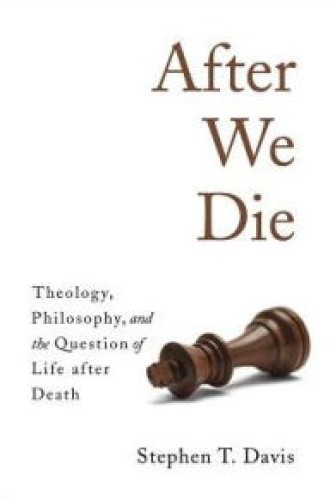After We Die, by Stephen T. Davis
The Nicene Creed, embraced by virtually all Christian churches, concludes: “I look for the resurrection of the dead, and the life of the world to come.” Resurrection and eternal life are not just one item on a list of Christian beliefs, they constitute the whole point of being a Christian. But, Stephen Davis observes in After We Die, the reality of resurrection and eternal life cannot be proved by experience. Reports about heaven from near-death experiences won’t do because, after all, the people doing the reporting didn’t die. So belief in eternal life is just that: a belief.
Whether that belief is plausible or preposterous, the first question to ask is, What does it mean? Philosopher Antony Flew argued long ago that the very idea of afterlife has no meaning; it is like a round square, self-contradictory. Afterlife implies that I could somehow attend my own funeral, which is absurd.
Davis quickly dismisses Flew by noting that language is fluid: surviving death is not, after all, like surviving a car crash. Resurrection is not resuscitation. But if we extend the meaning of survive to an afterlife, what survives? Resurrected life comes only after the radical termination of life, this life, my life. My body is, once and for all, dead and done with.






